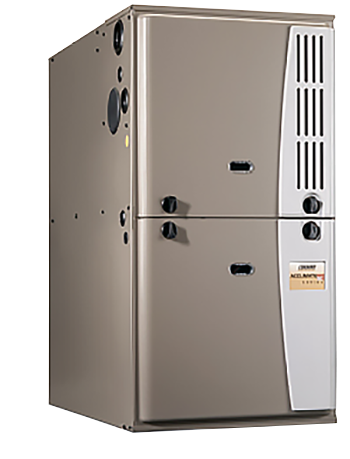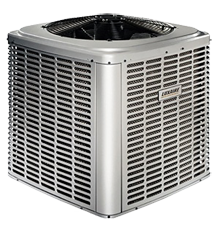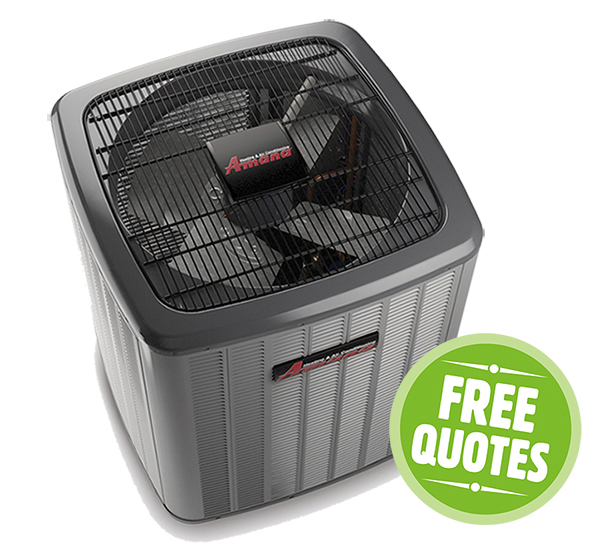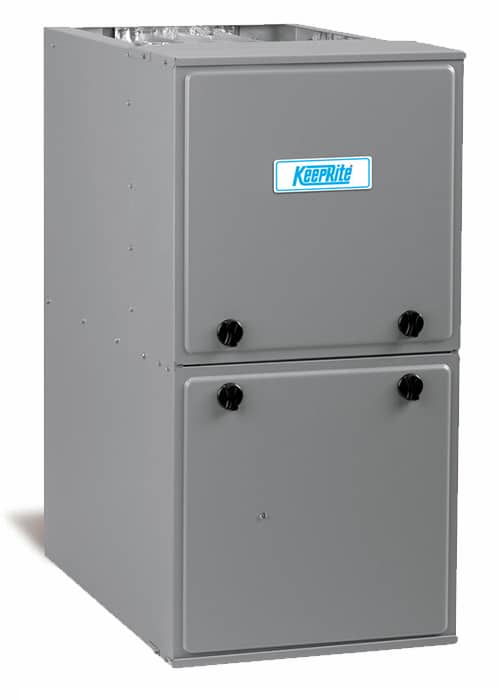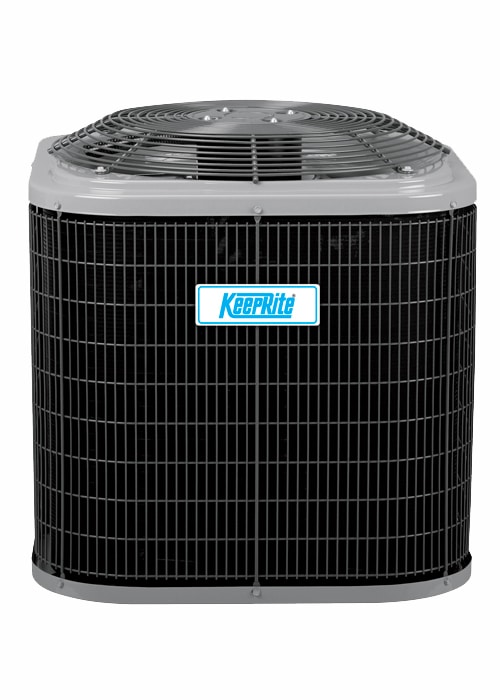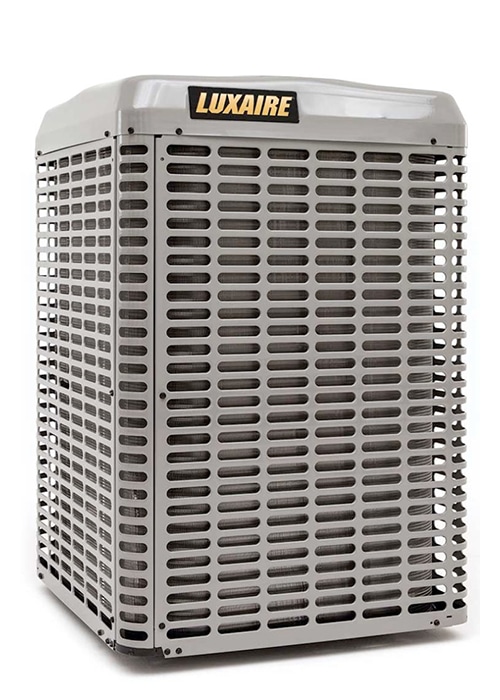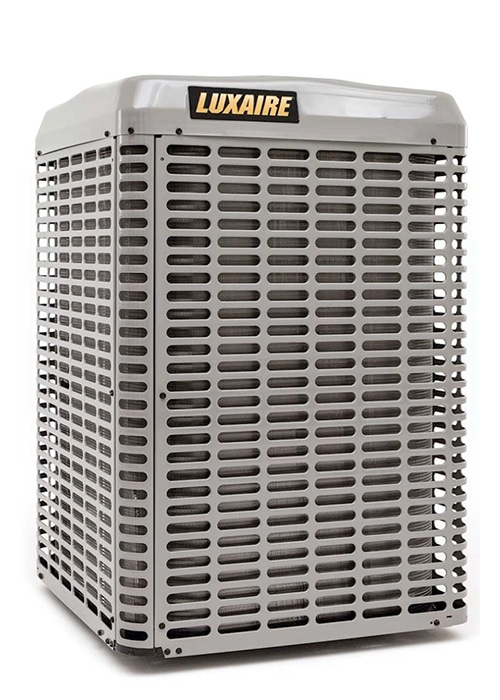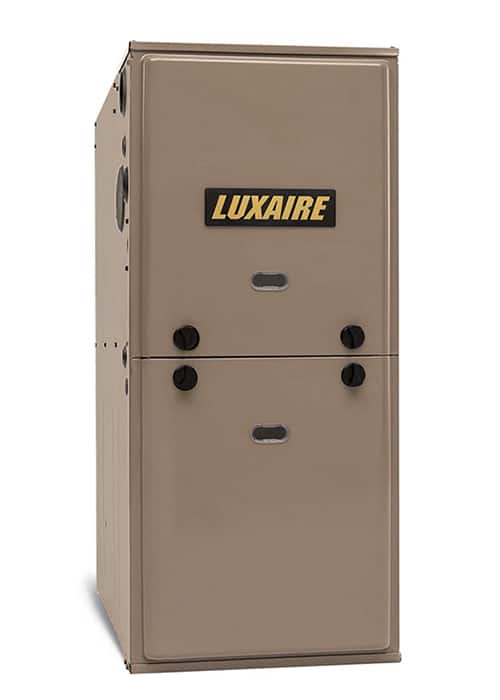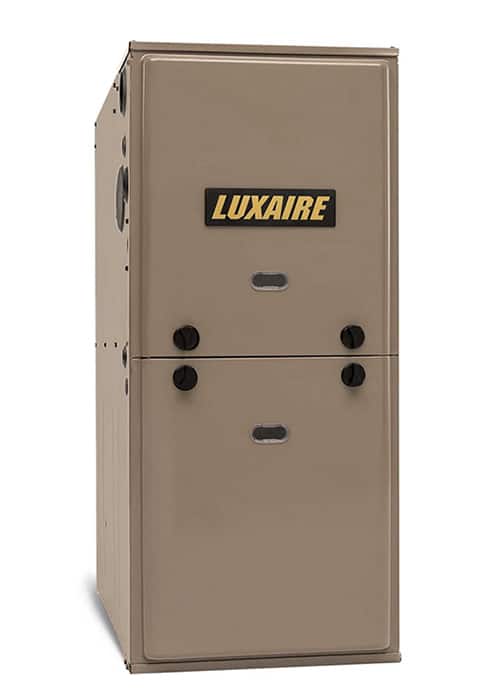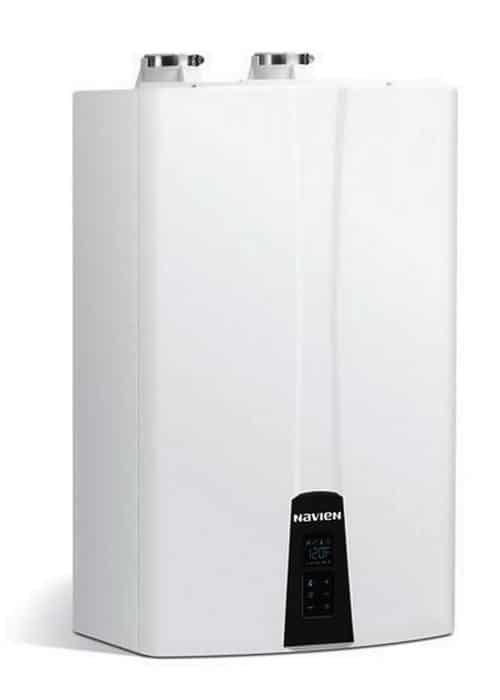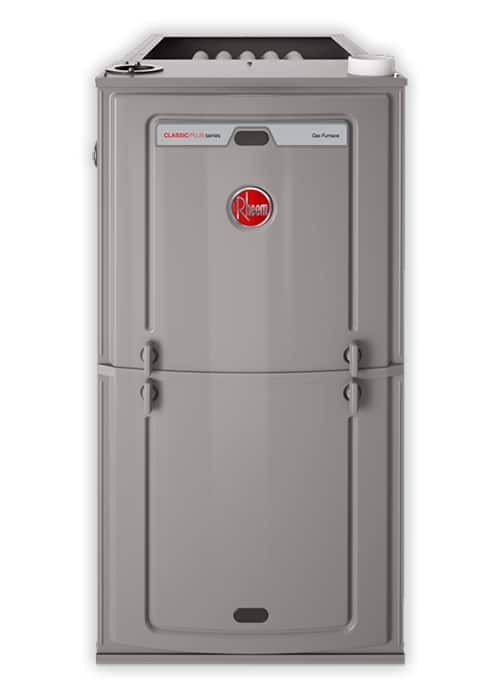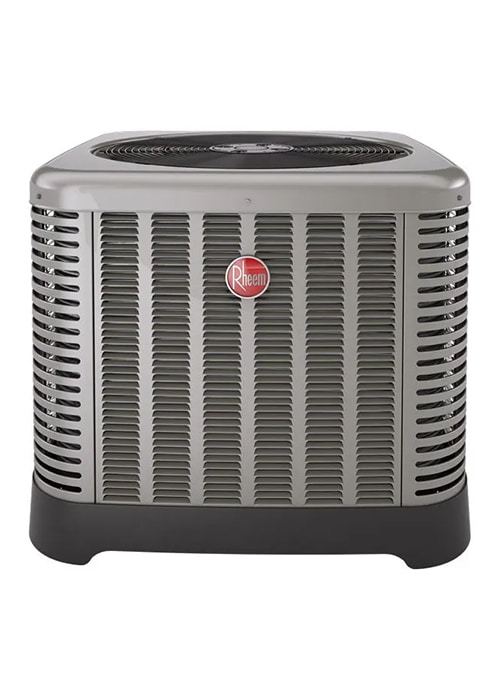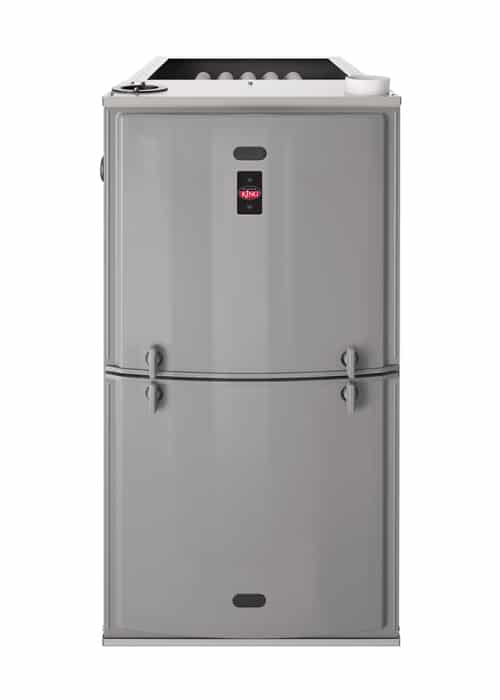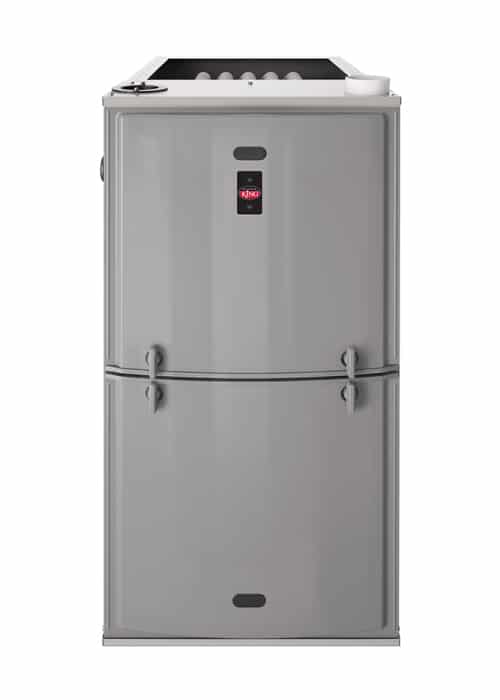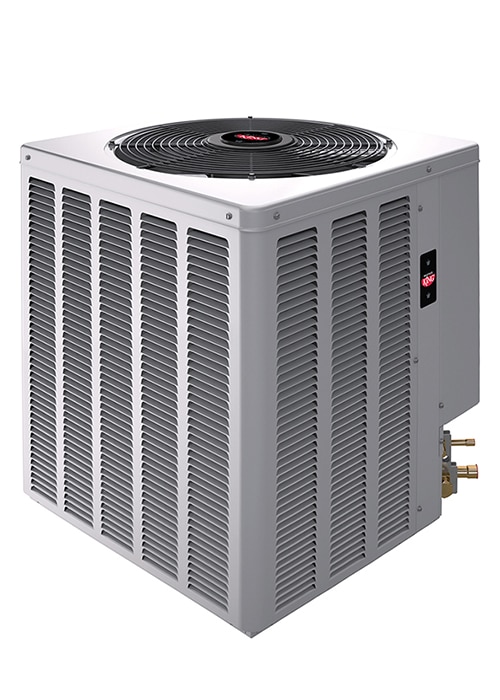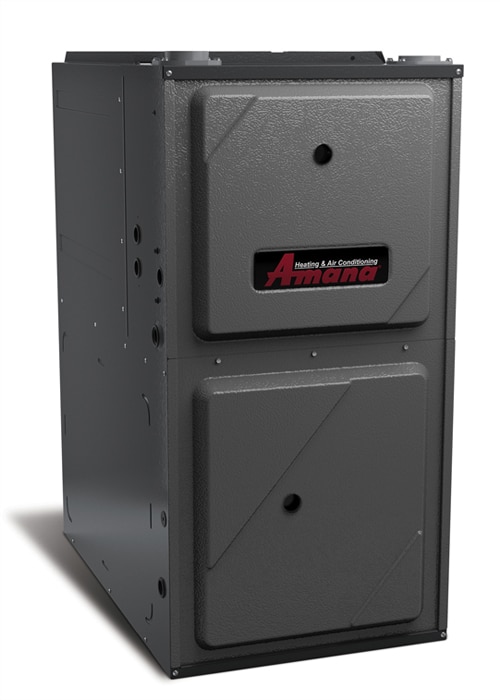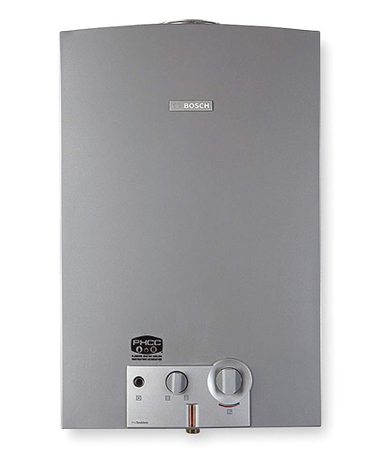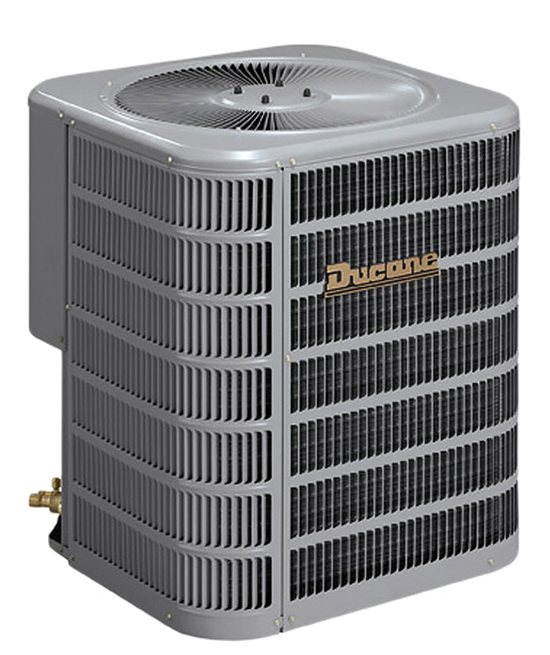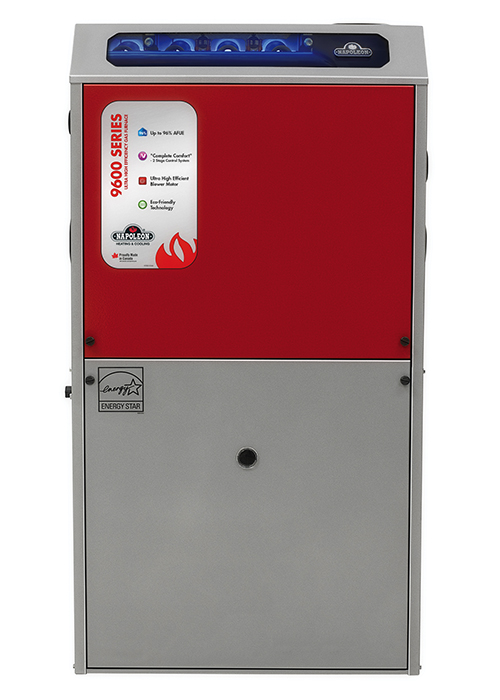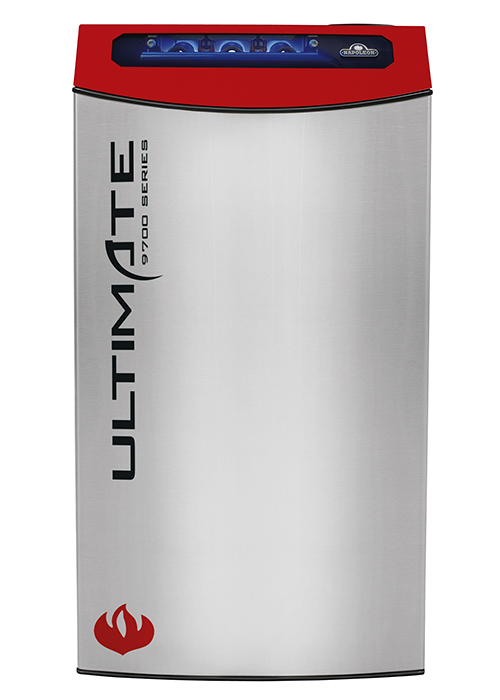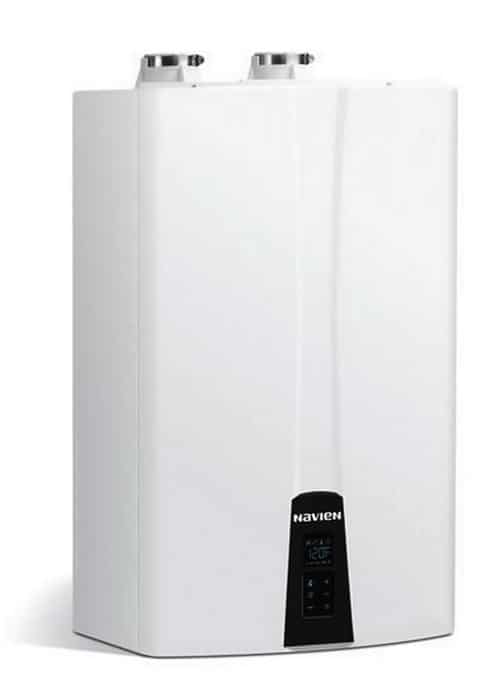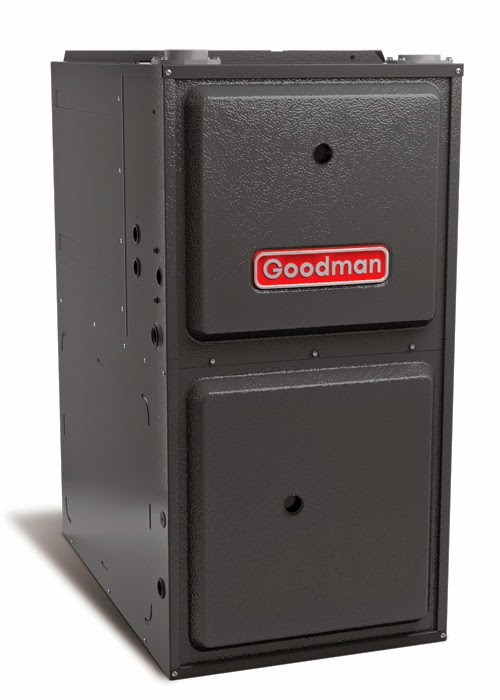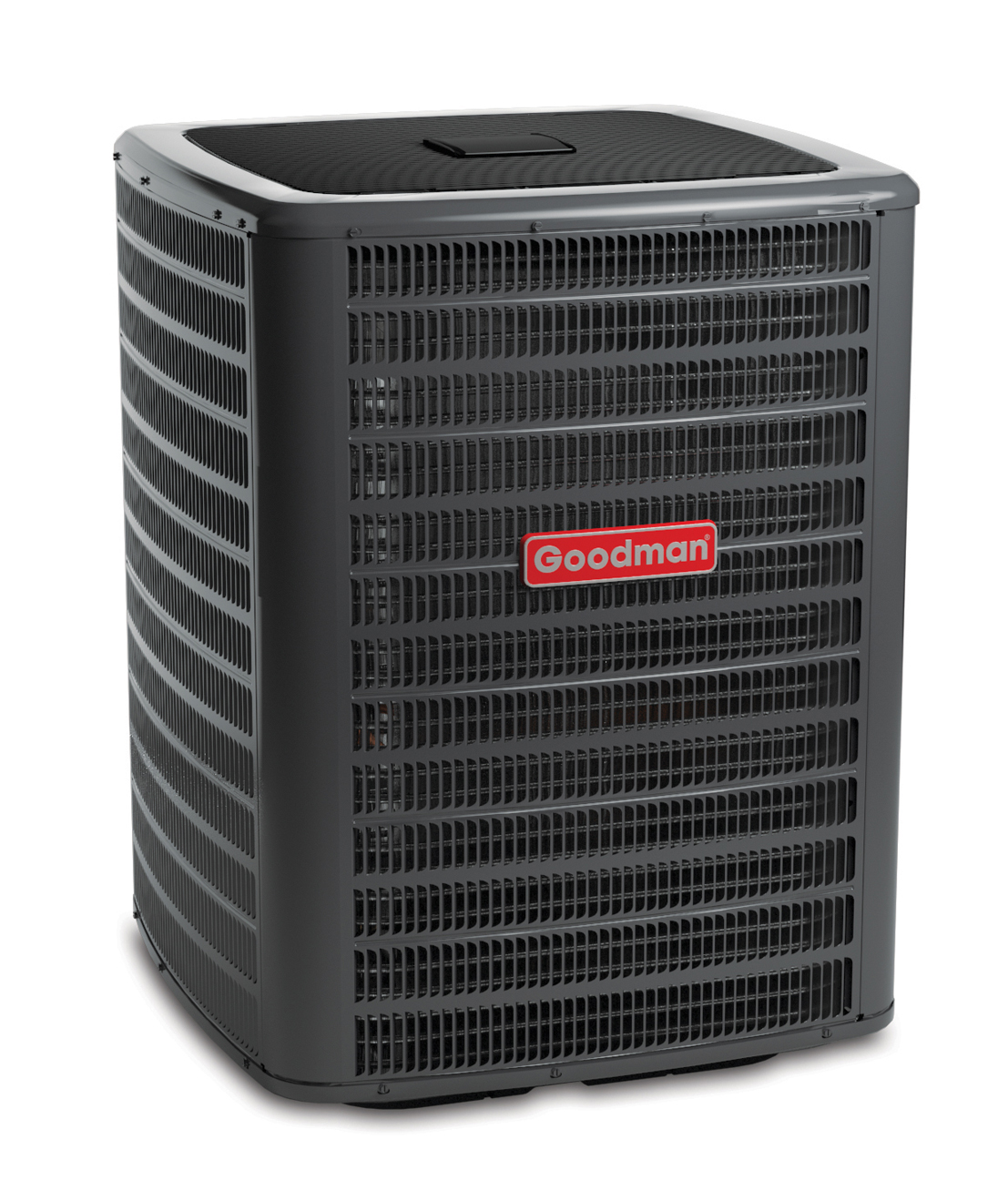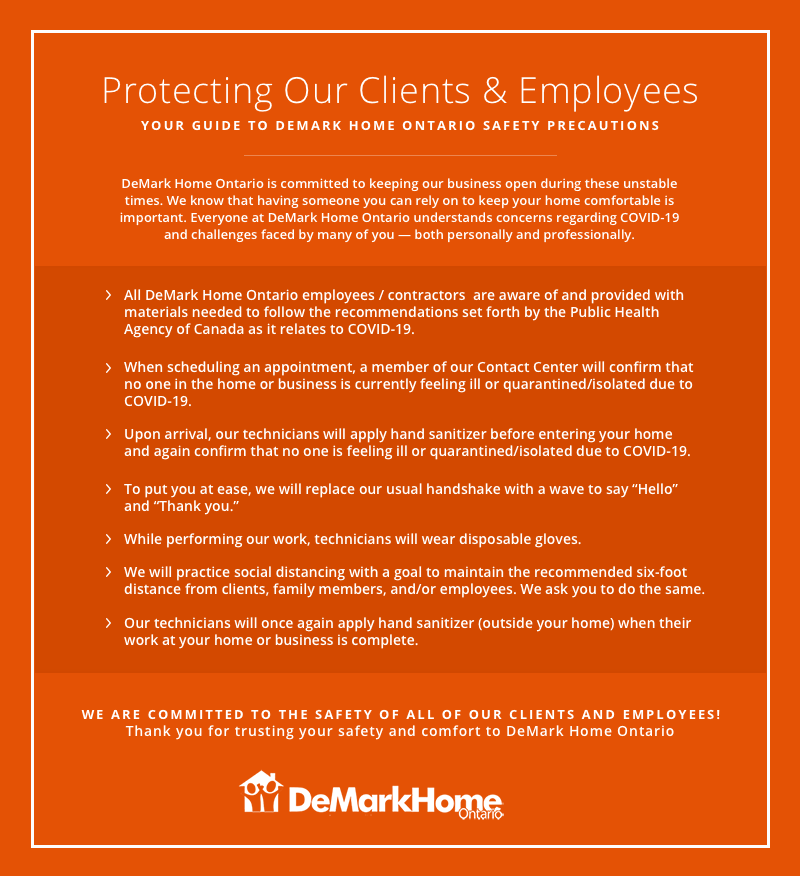Is a Bigger Air Conditioner Better?
Finding the proper A/C size for your home is important because a bigger air conditioner does not always mean better.
Warm weather is just around the corner and for the sake of your home comfort it is important that your air conditioner is in working order before the heat hits. And if you currently have an aging, problematic AC, now would be a great time to consider a replacement. A common misconception is that a bigger air conditioner is always better. Size does matter, but an air conditioner that is too big for your home will perform as inefficiently as one that is too small. Before you make this investment into your home comfort, we want to educate you on how AC sizing works and why a bigger unit is not always better. Here’s why:
Why A Bigger AC Does Not Mean Better
While a too-big air conditioner will cool your home faster, it will cool your home inefficiently while sacrificing the longevity of the equipment. If you want your air conditioner to last you a long time then it is crucial that it is properly sized for your home.
An air conditioner working at peak efficiency operates in longer cooling cycles. If your air conditioner is too big, your home will reach the desired temperature set on your thermostat before your AC has a chance to complete a full cooling cycle. This is referred to as short-cycling.
Short-cycling can cause a lot of problems for your home’s AC system. Short-cycling puts unnecessary stress on your Air system causing it to operate inefficiently and incur premature wear and tear. Most often, an oversized air conditioner lives a short life because of the constant wear and tear on the system. The worst part is that the only way to fix a short-cycling system is to buy a new air conditioner that is properly fit for your home. All in all, an oversized AC will waste money, energy, and comfort – the total opposite of what you want out of a new air conditioning system. A bigger air conditioner is not better!
Causes of Air Conditioner Short-Cycling
An oversized AC is not the only cause for short cycling. If your brand new air conditioner is short-cycling after it has been installed, then the reason is likely due to improper sizing. However, if your air conditioner is not new and has only recently developed a short-cycling problem then the issue is probably something different entirely. If you suspect that your air conditioner is short-cycling then the best thing to do is contact a certified HVAC technician to evaluate the issue and help you find a solution.
Signs That Your AC is Oversized
After reading all this you might be wondering how you can tell if your air conditioner is properly sized. Here are two telltale signs that your air conditioner is too big:
If it runs for ten minutes or less during a normal cycle. An AC that runs for less than 10 minutes is short-cycling which is often a sign of improperly sized equipment.
If you have high humidity levels in your home. You can use a humidity meter to measure the humidity level in several places in your home. High humidity levels are a sign of an oversized AC. Part of an air conditioner’s job is to dehumidify the air in your home, which the equipment is not able to do when it is short-cycling. A short-cycling unit turns on and off very quickly, bringing down the temperature quickly, but neglecting the resulting humidity build-up.
Undersized Air Conditioners – Another Problem
Just as a bigger AC is not always better, a too-small AC will cause just as many problems. An air conditioner that is too small for your home won’t be able to cool your home efficiently as it will have to work extra hard to reach the desired temperature. Undersized air conditioners often have premature breakdowns due to the wear and tear of being overworked by cooling a home that is too large for the equipment. Undersized air conditioners are also more expensive to operate given that they have to operate for longer periods of time.
How to Properly Size Your Air Conditioner
Properly sizing your AC involves doing a load calculation which should be done by a professional HVAC technician to judge the proper size for your home. Load calculations take the following into account:
● Size of your home and the size of each room
● Insulation
● Condition of the air ducts
● Your home’s positioning relative to the sun
● Shading around your home from trees or bushes
● Building materials
● Window type
● Local weather conditions
HVAC technicians use this information to complete a “Manual J” calculation that identifies the HVAC capacity of your home. The Manual J calculation tells the technician the recommended tonnage for your new air conditioning system. Keep in mind that you may require a different AC size than your previous unit if you have made changes to your home since last upgrading your system.
Hopefully now you understand the importance of sizing when it comes to upgrading your HVAC system so that you can make an informed purchase when buying a new air conditioner. Remember, a bigger air conditioner doesn’t mean better!
If you have any further questions about air conditioner sizing or have any other HVAC related concerns, don’t hesitate to contact us at any time. Our team of certified and experienced HVAC professionals are more than prepared to help you find the solution to your home comfort needs. If you’re looking to upgrade your air conditioner, we offer purchase, rental, and financing options for every budget and the top air conditioner brands in the market. Our quick and efficient air conditioner replacement is done by our team of fully licensed and trained HVAC technicians. Give us a call at 1 (855) 998-2998 or fill out our online request form and we will be happy to assist you with your request.
Easy Rentals...






